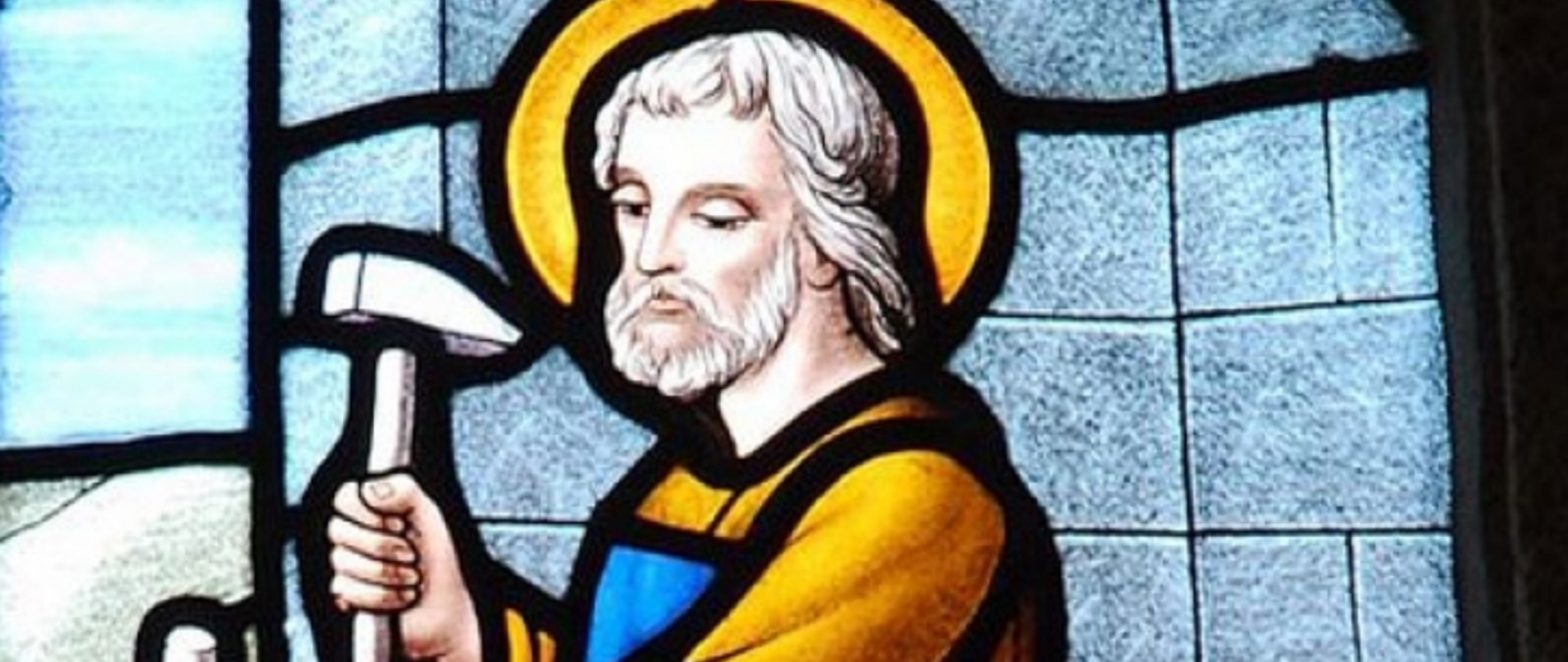Today we have the option to celebrate the memorial of Saint Joseph the Worker. And I personally think that, whenever we have the option to celebrate Saint Joseph, we should! I think this particular memorial resonates with so many of us who work for a living; Saint Joseph is our patron. The Christian idea of work is that through the toil of work, the Christian joins her or himself to the cross of Christ, and through the effects of work, the Christian participates in the creative activity of our Creator God. This memorial puts that in the spotlight.
In today’s first reading, Saint Paul urges all disciples to do whatever they do, as if they were doing it for the Lord. This is a great spiritual principal that reminds us that our lives are not all about us, that we receive our abilities and talents from the Lord, and that we are accountable to God for all that we do, in thought, word, and deed. He reminds us, too, that our working should be cause for thanksgiving: thanksgiving that we have our abilities, and that we can use them for God’s purpose and for the support of ourselves and for the family entrusted to us.
Sometimes, it is true, work is not much of a blessing; often work seems less than redemptive. To that, Saint John Paul said in his encylcical Laborerm Exercens, “Sweat and toil, which work necessarily involves in the present condition of the human race, present the Christian and everyone who is called to follow Christ with the possibility of sharing lovingly in the work that Christ came to do. This work of salvation came about through suffering and death on a Cross. By enduring the toil of work in union with Christ crucified for us, humankind in a way collaborates with the Son of God for the redemption of humanity. They show themselves true disciples of Christ by carrying the cross in their turn every day in the activity that they are called upon to perform.” (27)
And so we all forge ahead in our daily work, whether that be as a carpenter, a businessman or woman, a homemaker, a mother or father, a laborer, a white collar worker, a consecrated religious or ordained person, or whatever it may be. We forge ahead with the joy of bringing all the world to redemption through creation, through the cross and Resurrection of Christ, and through our daily work.
Christ is risen! He is risen indeed!
Alleluia!




You must be logged in to post a comment.